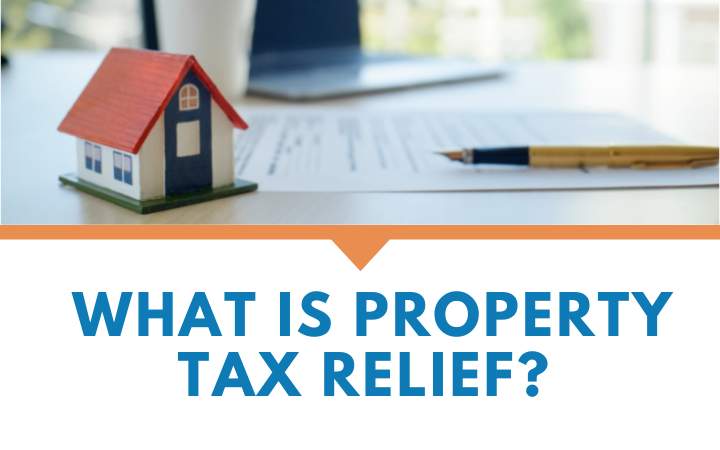Before you go, sign up to our free tax saving email course. Get 7 top property tax saving strategies in your email inbox that will help you save thousands in tax. Unsubscribe any time.
 The property tax relief (or to give it its proper name, the Property Allowance relief) provides full tax relief should a landlord's rental income (before expenses) for the tax year be less than £1,000. If this is the case and the landlord has no other income subject to self-assessment, then there is no legal requirement to file a tax return or pay tax on the income. Nothing needs to be done to claim this relief as it will automatically apply and as such it is a very beneficial relief for individuals with a small property business such as letting out a ‘lock up’, or a garage or their front driveway. However, it is important that landlords who qualify for full relief in one year to monitor their property income year on year because should income exceed the £1,000 limit then registration for self assessment is required. A different option can be chosen each year which will be particularly relevant if the expenses prove to be greater than the gross rental income to produce a loss. It is important to remember that no loss relief claim or deduction for property expenses can be made if the property allowance relief is used. For example, if the property income was £600 and the expenses £700, the £1000 property income allowance cannot be claimed to create a loss of £400. Instead the expenses would have to be claimed to create the allowable loss of £100 which would be available to carry forward to set against future year’s profits. What happens when the property income exceeds the standard amount?Where the property income exceeds the standard amount of £1,000, landlords can choose either to:
If a property is held jointly, each taxpayer owner has their property allowance and the election to use it or not is their choice irrespective of how the other joint owner has chosen to tax their share. Sometimes a landlord will have adjusted income if they have changed from using the cash and accruals bases. This income will also not count as relevant property income for the property allowance. Sources of income that don’t take advantage of the property allowanceThere are some sources of property income that are unable to take advantage of the property allowance specifically if the income is from:
Note: A participator is any person having a share or interest in the company's capital or income. For example, if a company lets some office space from an employee (possibly a director/employee), then the standard method of calculation with deduction of expenses must be used. The blanket £1,000 property allowance is not available and importantly this ruling is the same not just for that income but for all property income that the landlord has. If he or she had another office let to a third party then the property allowance cannot be used for that income either.? Finally, it should be noted that a 'rent-a-room' property business cannot qualify for this allowance nor is it available should the landlord qualify for rent-a-room relief but chooses not to make a claim.
|


 Tax Articles
Tax Articles